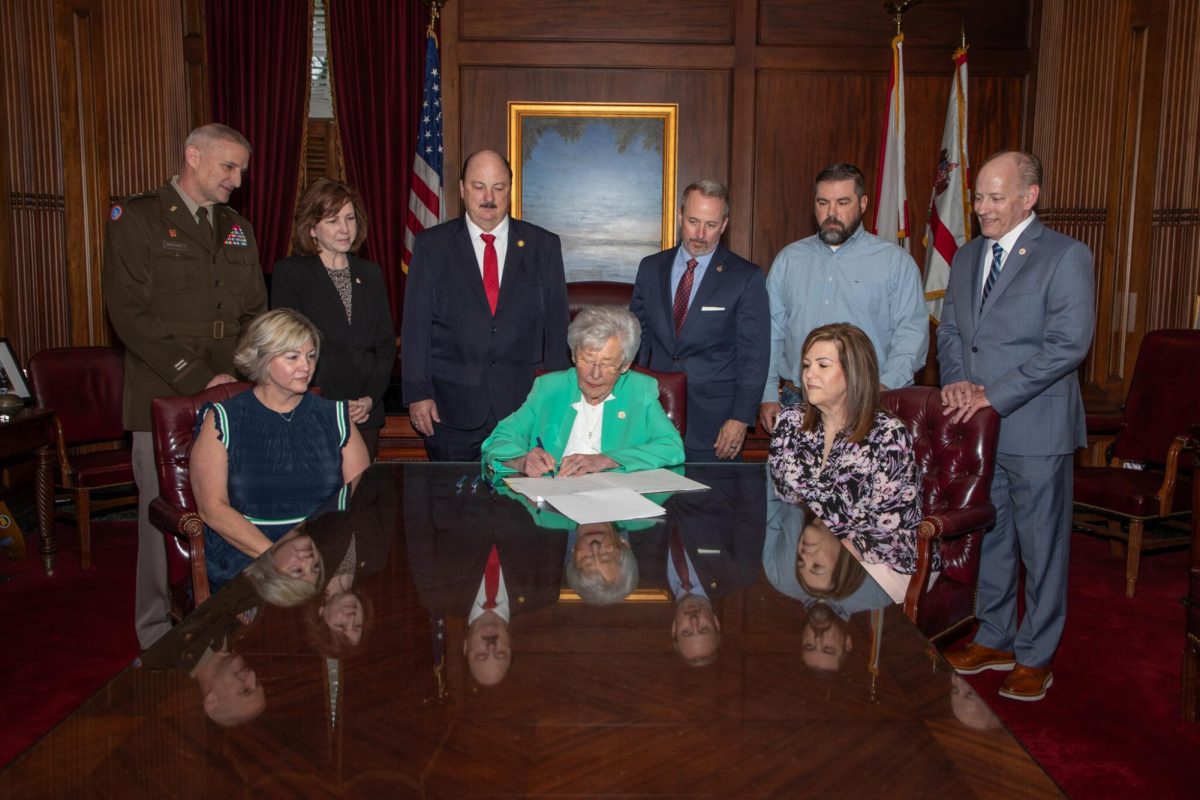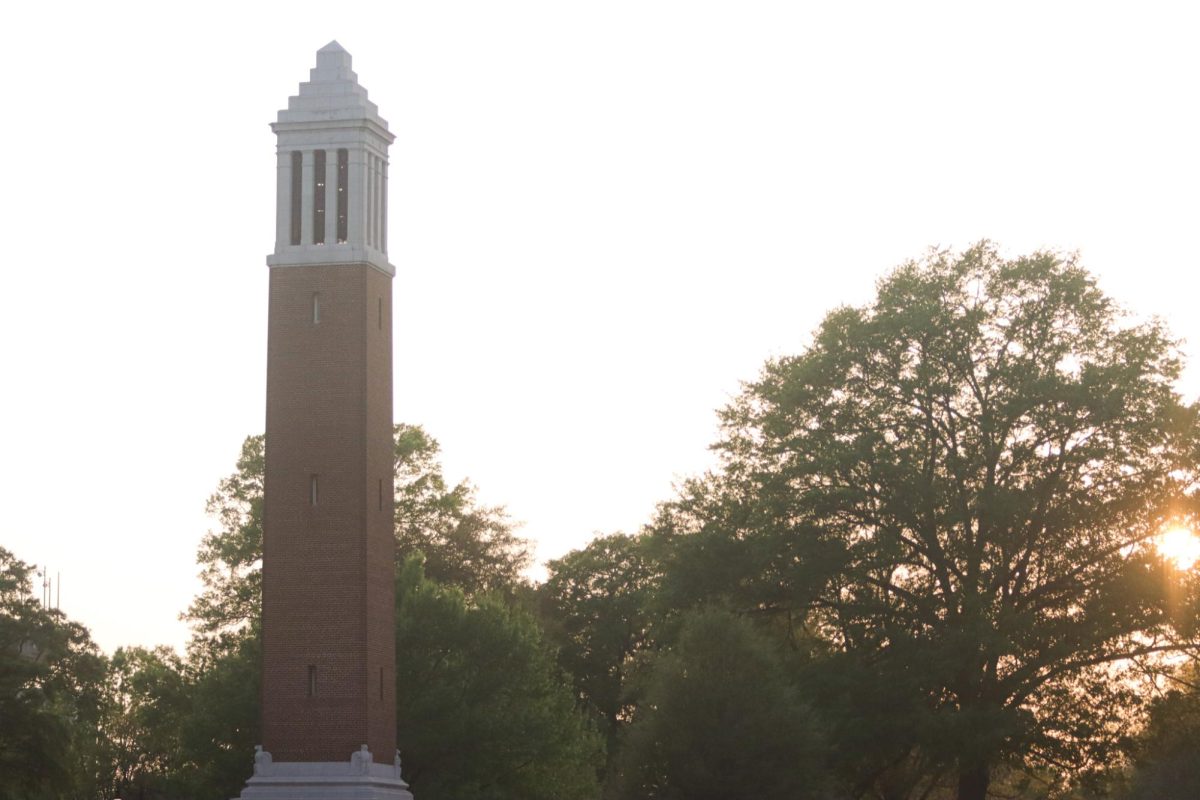A common practice among students at The University of Alabama is to take courses during the summer at other colleges and universities while away from campus. Many students take advantage of smaller community colleges and universities closer to home to complete some of the more difficult, or non-major course work.
Dan Savage, an associate university registrar at the Capstone, said students should consult with an academic advisor at the University before making plans to attend another institution during the summer to ensure their credits will count.
“Once a student has completed courses at the other institution, he/she must request that the official final transcript be submitted to the UA Office of the University Registrar,” Savage said. “Students should be aware that while this policy guides the transferability of the courses, it does not dictate the applicability of the coursework to the student’s major or degree program.”
He said comprehensive guidelines regarding the transferability of coursework to the University can be found in the transfer credit section of the undergraduate catalog.
According to the Alabama undergraduate catalogue, students are required to attend fully accredited post-secondary institutions that offer baccalaureate or associate degrees and must attain at least a D in transferable courses, with exceptions such as English compositions and introductory math courses.
Morgan Long, a graduate student in the romance languages program, took multiple courses away from The University of Alabama and said the process was neither simple nor quick.
“I took two basic, intro science courses and their labs online at Jacksonville State University as an undergrad,” Long said. “Since they were sciences I did not have to have them as a requirement for my major and I was a little intimidated by science courses at UA. They ended up being easier than what I probably would have had Alabama, but it probably cost more to take them at Jacksonville State than what UA would have cost at the time but, like I said, I was really intimidated by the UA science classes.”
Savage could not speculate on the popularity of taking summer coursework elsewhere and was also unable to comment on how many students transfer summer credits from other institutions, as the later would require the evaluation of “a variety of criteria … prior to determining the exact data.” Savage was, however, say there was, from an “academic perspective,” no harm in taking courses elsewhere as they are applied to degrees the same way.
“From a strictly academic perspective, transfer coursework is applied to a student’s degree program in the same manner as institutional coursework,” Savage said. “While there are certain University-wide and college or department specific restrictions governing the applicability of transfer work, the coursework itself does not hinder a student’s degree progress.”
Long, on the other hand, said the process of transferring credits back to The University of Alabama was difficult and quite lengthy.
“The process of transferring was a pain. I did not actually know beforehand that I needed to get permission from my advisor and the University to take the classes elsewhere and I did it myself, without speaking to any of the faculty here at the Capstone,” Long said. “I remember the people at Jacksonville State University asked me if I was a transient student and I told them I was but they never said anything else about it.”
Long said she did not know she had to get a letter of transiency from the University, so after she tried to transfer her credits back to Alabama her advisor had to do a special override.
“In the end they did accept my credits, it just took a while,” she said. “I took a couple of months before my credits showed up on my transcript, and it was a lot of trouble for just two classes.”








